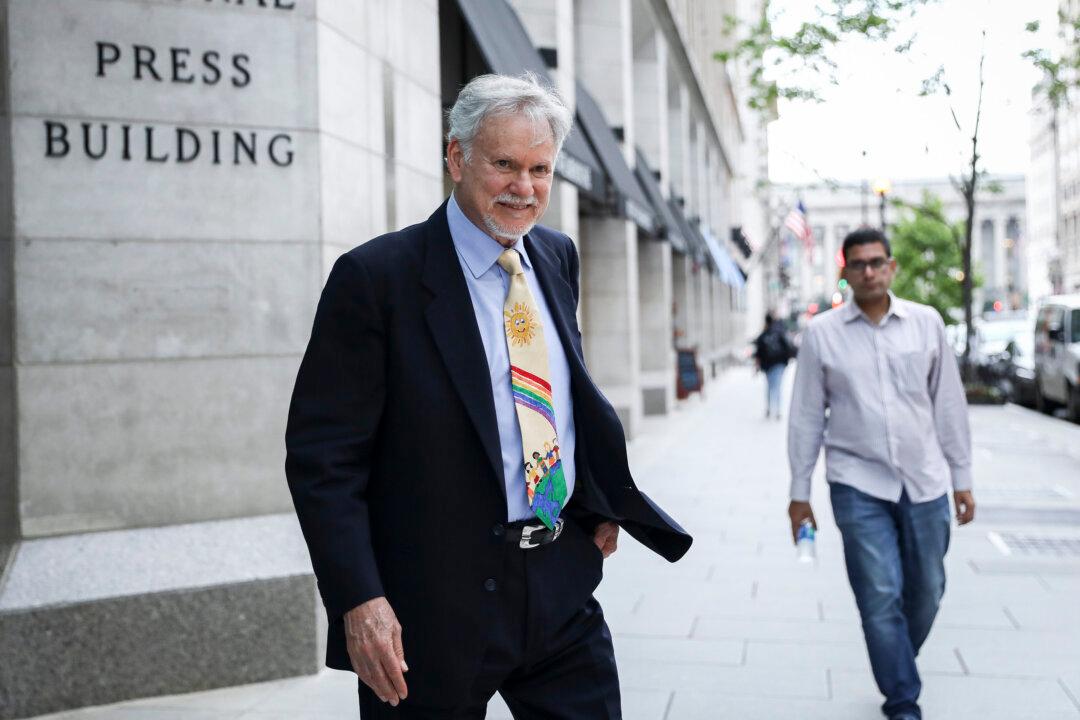Key commonalities for most mass shooters in the United States are that they are male and that they lack a father figure in their lives, author Warren Farrell says.
“There’s common denominators among mass shooters, the most obvious is that they’re male—98 percent are male. A second common denominator is that they’re almost all dad-deprived males,” Farrell told The Epoch Times’ “American Thought Leaders.”






